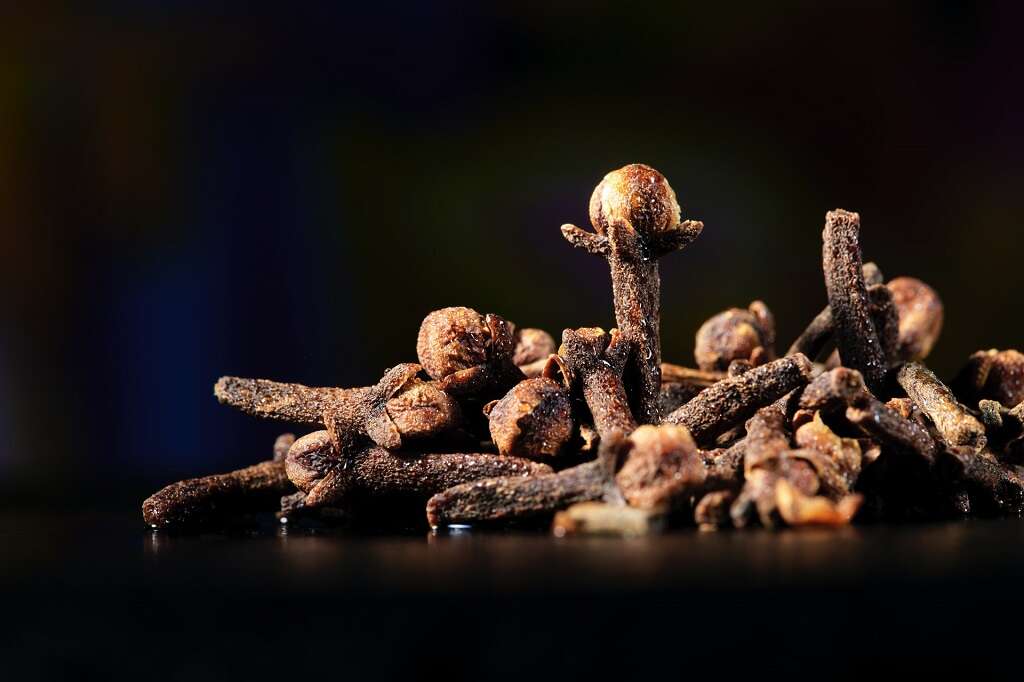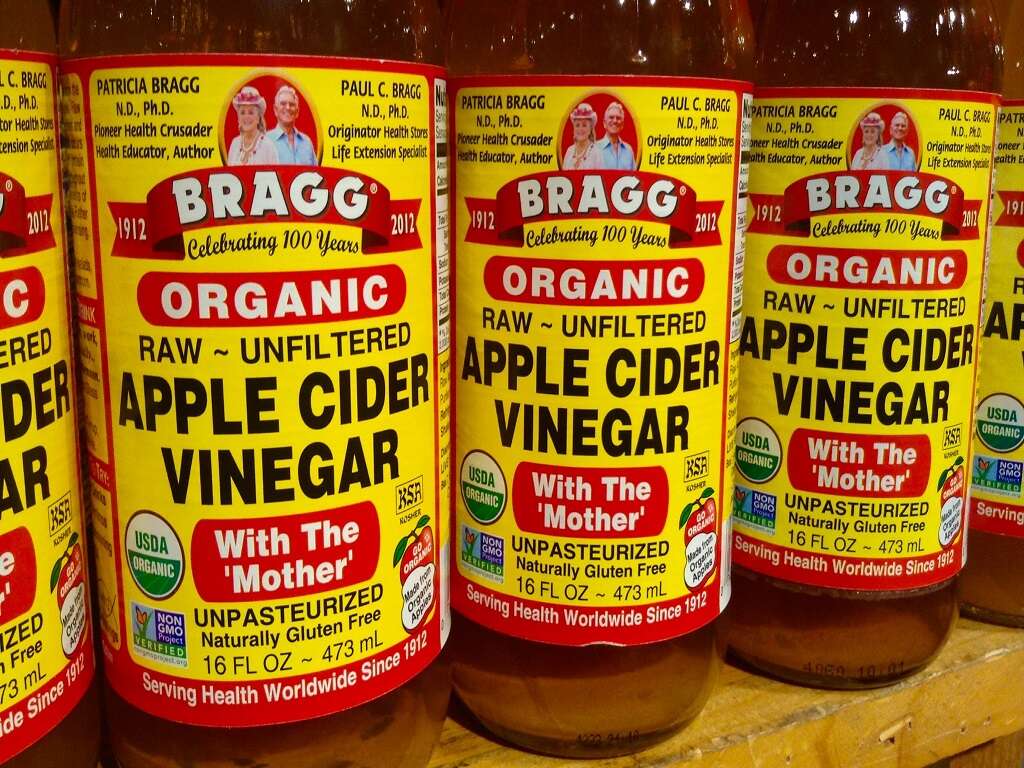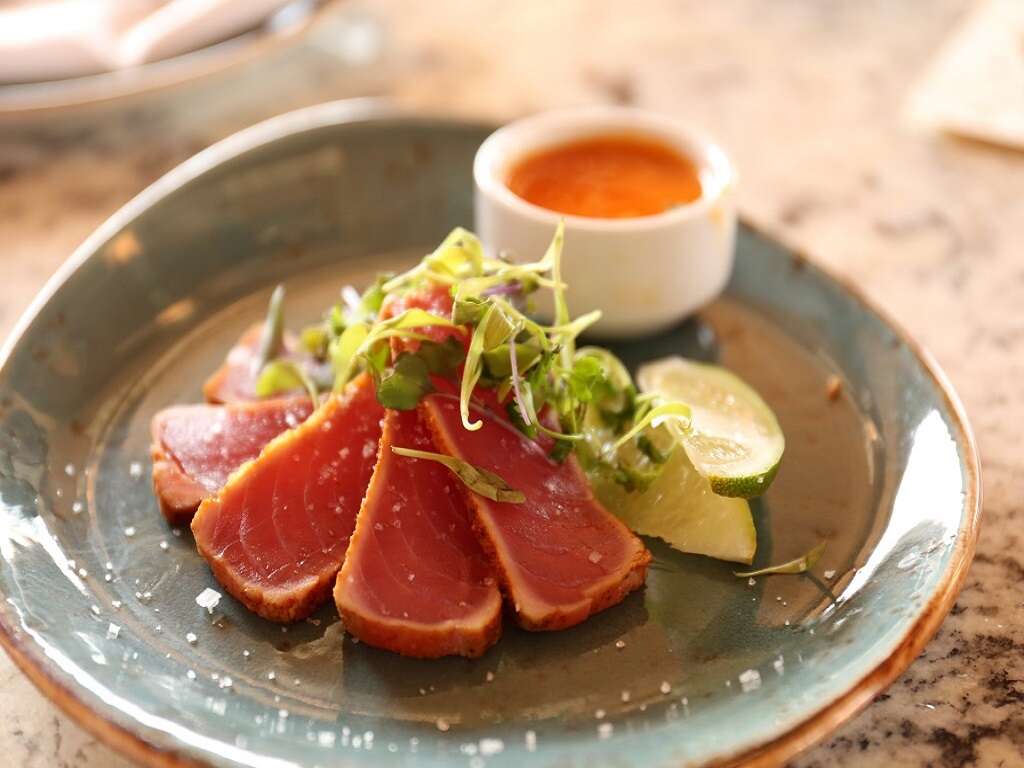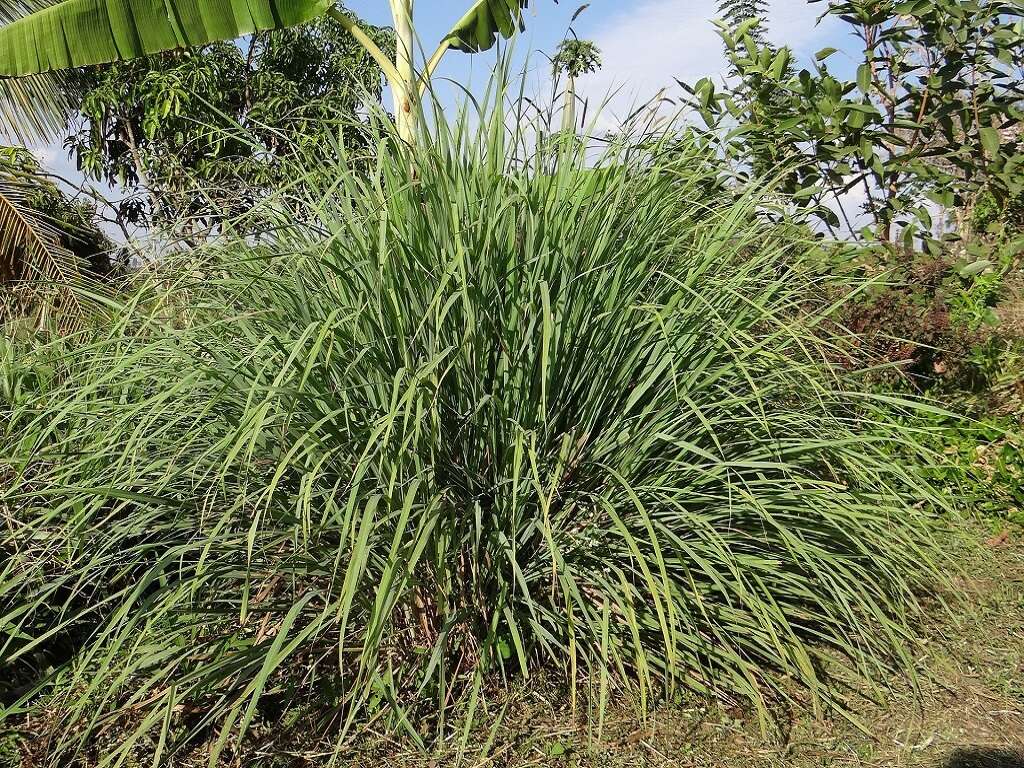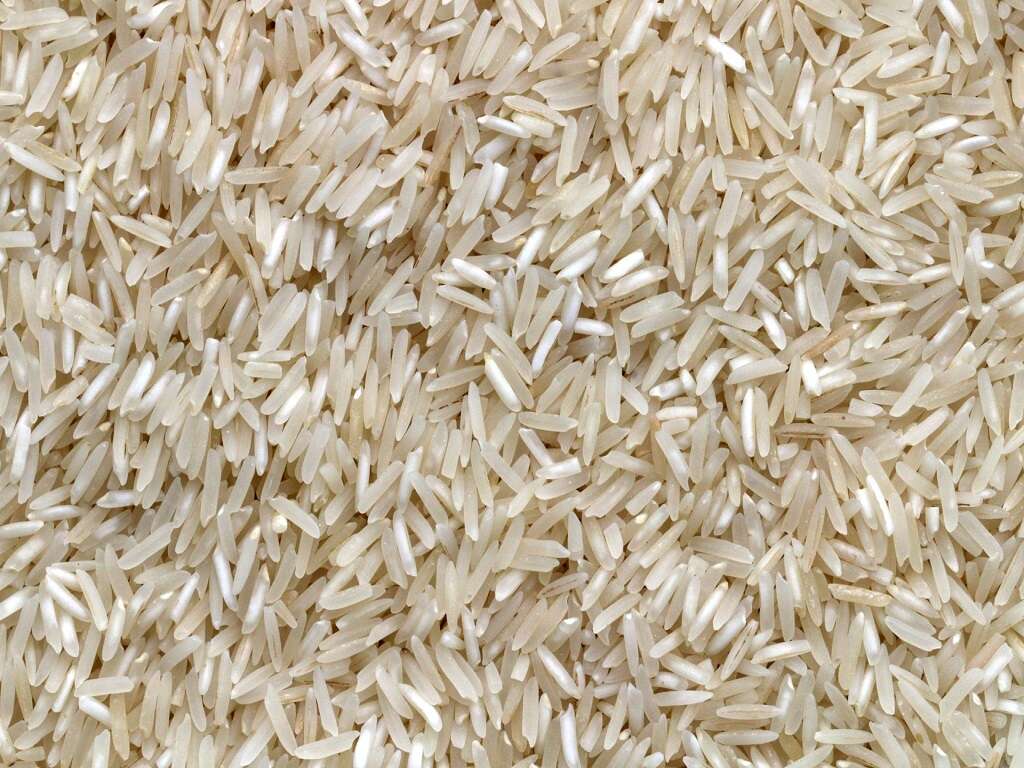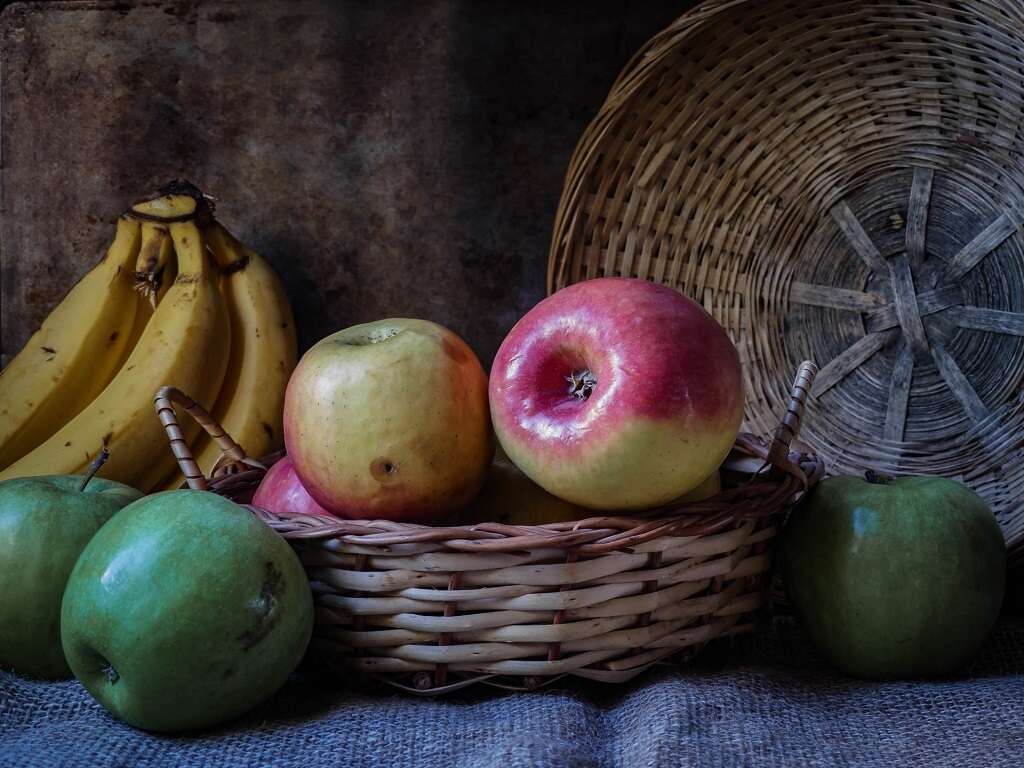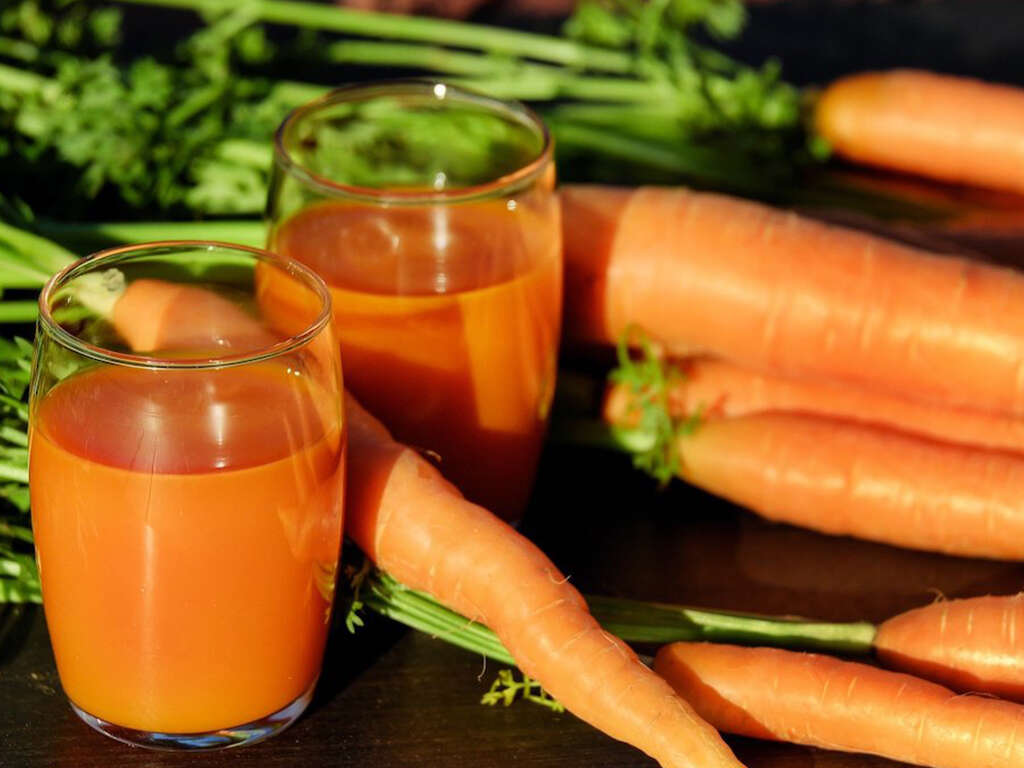Health Benefits of Cloves
 Article Sources
Article Sources
- 1. Cortes-Rojas, Diego Francisco, et al. 'Clove (Syzygium Aromaticum): a Precious Spice.' PubMed Central (PMC), Feb. 2014, www.ncbi.nlm.nih.gov/pmc/articles/PMC3819475
- 2. Kuroda, Minpei, et al. 'Hypoglycemic Effects of Clove (Syzygium Aromaticum Flower Buds) on Genetically Diabetic KK-Ay Mice and Identification of the Active Ingredients.' PubMed, Journal of National Medicine, Apr. 2012, pubmed.ncbi.nlm.nih.gov/21987283
- 3. 'Spices, cloves, ground.' FoodData Central, U.S. Department of Agriculture, 1 Apr. 2019, fdc.nal.usda.gov/fdc-app.html#/food-details/171321/nutrients
- 4. 'Manganese.' Mount Sinai Health System, www.mountsinai.org/health-library/supplement/manganese
- 5. Santin, Jose, et al. 'Gastroprotective Activity of Essential Oil of the Syzygium Aromaticum and Its Major Component Eugenol in Different Animal Models.' PubMed, 8 Dec. 2010, pubmed.ncbi.nlm.nih.gov/21140134
- 6. Hu, Qiao, et al. 'Progress on the Antimicrobial Activity Research of Clove Oil and Eugenol in the Food Antisepsis Field.' Wiley Online Library, Journal of Food Science, 26 May 2018, onlinelibrary.wiley.com/doi/full/10.1111/1750-3841.14180
Drinking Clove Beverages
As the popularity of alternative medicines has grown, so has the awareness of the potential health benefits of cloves. Cloves have a strong taste and aroma, which can be a deterrent to some. Consuming this spice as a beverage may be more agreeable.
Clove water is made by soaking two whole cloves in a glass of water overnight. Boiling ground clove spice in water and adding tea powder or a tea bag to steep can make a palatable clove tea.
Advertisement
